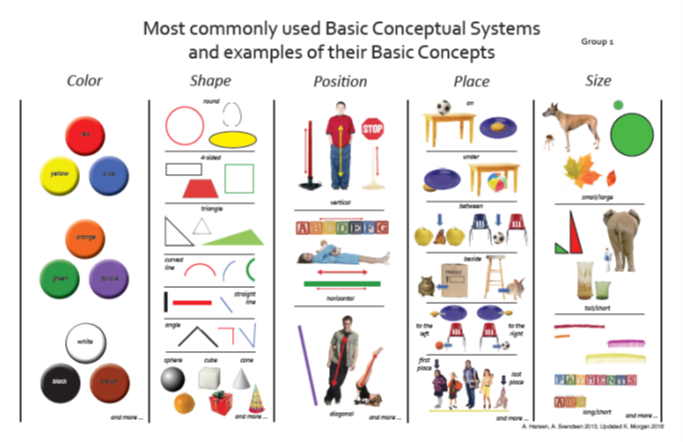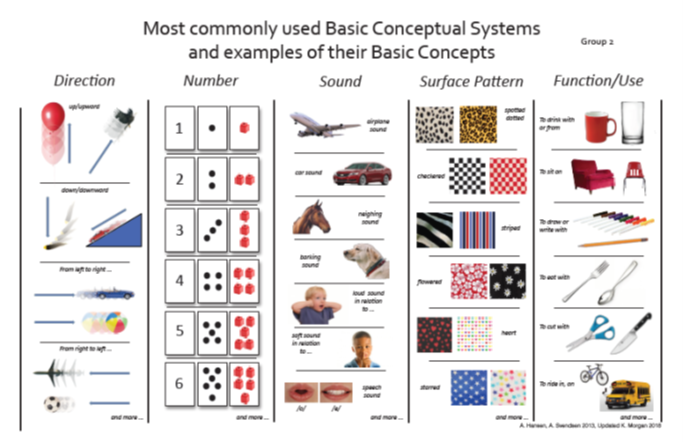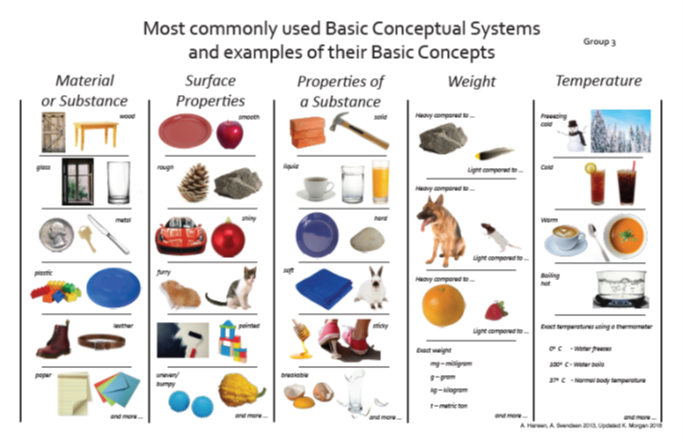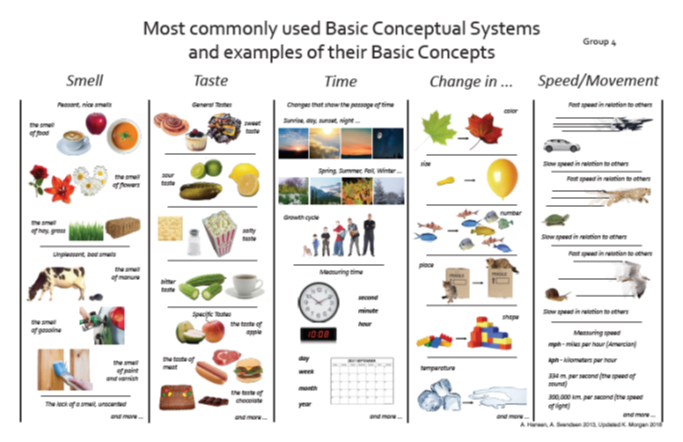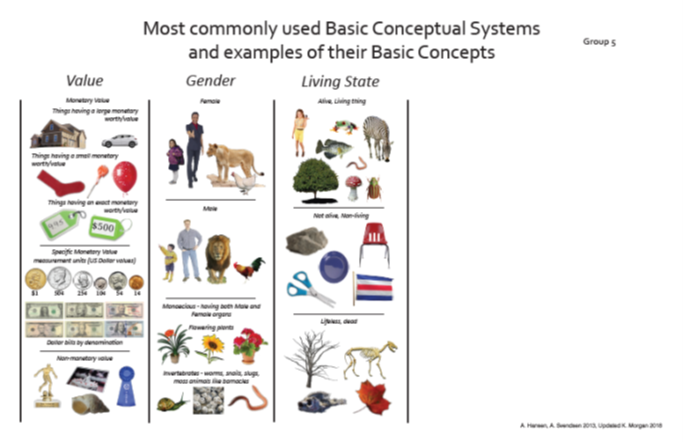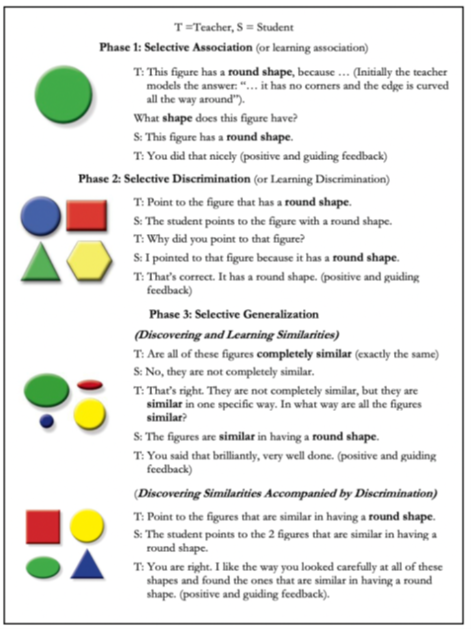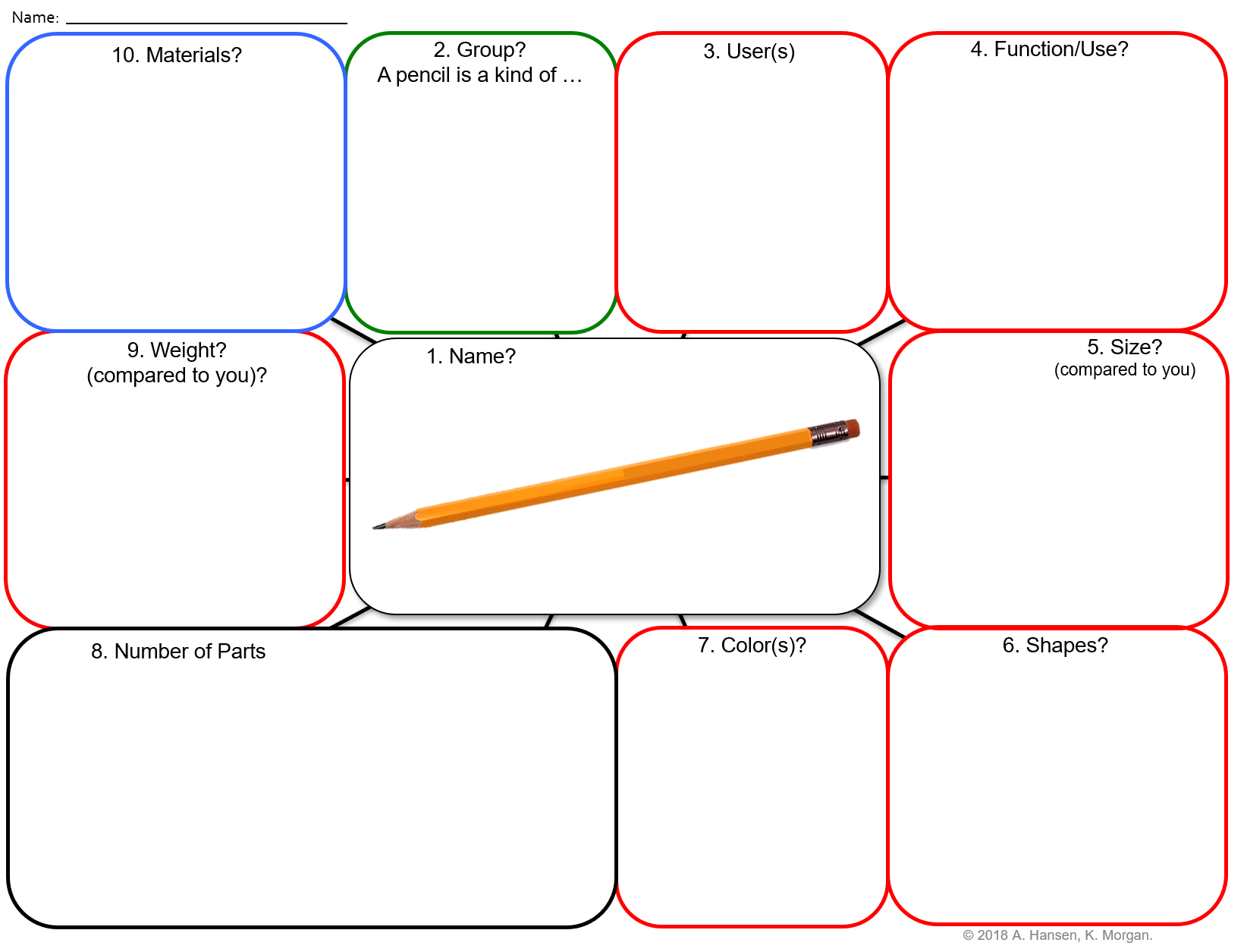COURSE IN SYSTEMATIC CONCEPT TEACHING
-Teaching basic conceptual systems as a foundation for cognitive development and learning
Illustrations reproduced with
permission from Hansen & Morgan (2019)
Original materials can be found at
Conceptual tools play an essential role in cognition as a tool for attention, thinking, learning and communication. We are happy to offer a course that conveys the method and training materials of the educational and metacognitive approach of Systematic Concept Teaching (SCT), newly developed by Andreas Hansen and Kelly Morgan. Building on the foundational work of Magne Nyborg, they have developed an amazing and comprehensive hands-on material ready to use in the work from preschool and up for a wide range of children and adolescents. The course will be held 17th-19th of November 2021. The teacher throughout most of the course will be Andreas Hansen, co-author of the book mentioned below and an experienced practitioner and teacher in SCT. Additional instruction will be provided by Kelly Morgan, also an experienced practitioner and teacher in SCT. The course includes full access to the digital book “Intelligent and Effective Learning Based on the Model for Systematic Concept Teaching” and the accompanying ready-to-use teaching and training materials.
DOWNLOAD COURSE DESCRIPTION IN PDF
SIGN UP ONLINE FOR PHYSICAL PARTICIPATION HERE
SIGN UP FOR ONLINE PARTICIPATION HERE
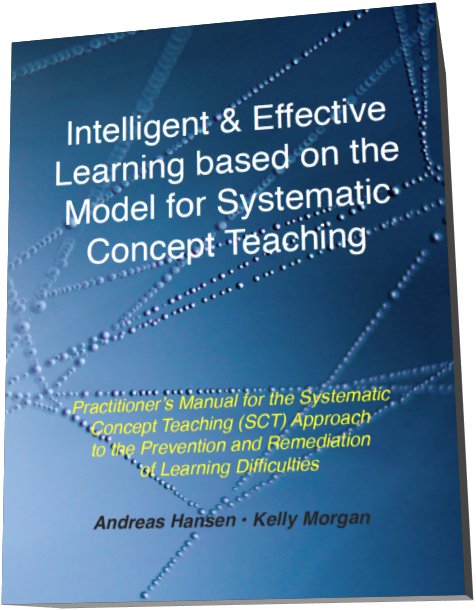
Introduction and background
Conceptual knowledge and understanding has for many years been known to be crucial to cognitive development and learning - not only regarding communicative skills but equally important in gathering information about the world, comparing and organizing and as a foundation for thinking skills and learning. In despite of that, systematic methods of teaching these skills have received little attention and teachers, parents and consultants often miss effective methods for supporting conceptual development. Based on the work of Magne Nyborg, this newly developed learning materials introduces a systematic and comprehensive method for teaching all the basic conceptual knowledge and a didactical approach that supports deep learning.
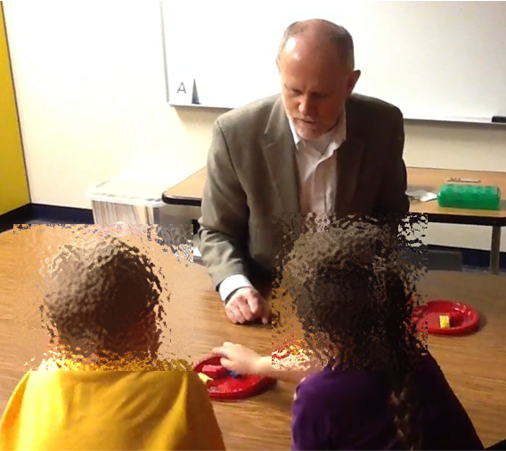 Course content
Course content
This basic course on Systematic Concept Teaching will give a thorough introduction of the what, how and why of the SCT-approach, including a first presentation of a theoretical model of a learning person – the PSI-model (Person-Situation-Interactions during learning), which is a representation of the central aspects of Nyborg’s theory of teaching/learning. The course will further concentrate on the following main points:
- The inventory of Basic Conceptual Systems (BCSs) and their related basic concepts
- The difference between numerals, words and other symbols – and concepts of classes in SCT terminology
- Analytic Coding by means of Basic Conceptual Systems (BCSs), and the difference and relation between BCSs and Academic concepts
- The Model for Systematic Concept Teaching (The SCTM) – and group exercises in making a shortened lesson according to the basic principles of the SCTM
- How to work in a research related and experiential evaluating way with SCTM
- On Skills and the Model for teaching/learning Skills
- The application of Analytic Coding within the lessons of the SCTM
- A framework of Analytic Coding activities designed to help students aply BCSs, facilitate their understanding and use of more Complex Conceptual Systems and increase the effectiveness of their overall learning skills
- Summaries and comments at the end of the course

Course materials
Included in the course package will be a digital copy of the book by Hansen & Morgan’s (2019): “Intelligent and Effective Learning Based on the Model for Systematic Concept Teaching” and the comprehensive accompanying digital materials for teaching, assessing and using SCT. This book will be referred to and made use of on different occasions during the course. An introduction to the materials and buying options can be found see www.sctresource.com.
PRACTICAL INFORMATION
Dates
Course dates are from 17th-19th of November 2021. Course hours are from 9AM-4PM / 9.30AM-4.30 PM.
A light breakfast will be available every day half an hour before the course starts. Detailed schedule will be sent to participants prior to course start.
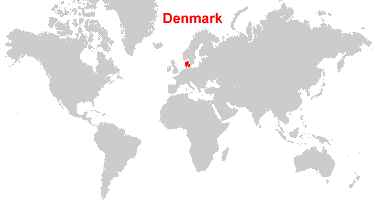 Course venue
Course venue
The course will be held in the central part of Odense in a short walking distance from the central station. Adress: Mødecenter (Meeting center) Odense, Buchwaldsgade 48, 5000 Odense C, Denmark. Link to the position of the course venue can be found here
Course format
The course is a non-residential course (accommodation not included). It is conducted as a combination of presentation, exercises, video examples and discussion. Course participants will be supplied with useful introductory articles prior to the course.
Online participation
The course will run as a face-to-face course in Odense. As an online participant you will get video and audio access to the course in real time. It is recommended, if possible, to register for the course with physical attendance (via this link: https://neuroguide.nemtilmeld.dk/33/), because the course is organized with the primary focus on the physically present participants. Therefore, as an online participant, full benefit of exercises, group discussions etc. cannot be expected. The opportunity for online participation is offered due to the extraordinary pandemic situation, to meet participants concerns to avoid infection risk or for participants who, due to practical circumstances, travel etc., are unable to participate physically.
Online participants will have full digital access to the comprehensive digital training material, articles and written materials that participants will access prior to the course.
Technical platform and prerequisites for online participation
Online participation takes place via the Zoom Meeting platform. It is a prerequisite for online participation, that you have a well-functioning webcam and microphone solution and can join the course through computer. If you are not sure whether your hardware is compatible and set up for Zoom Meeting, you can try it here: https://zoom.us/test
In addition, it requires a good and stable internet connection. As a rule of thumb, a minimum of 4-5 Mb in upload and 6-8 Mb download speed is required to have a good stable connection. If necessary, you can check your internet speed here: www.speedtest.net
Course organizer cannot be held responsible for lack of course outcome due to technical problems.
Course language
The course is an international course and teaching will be in English.
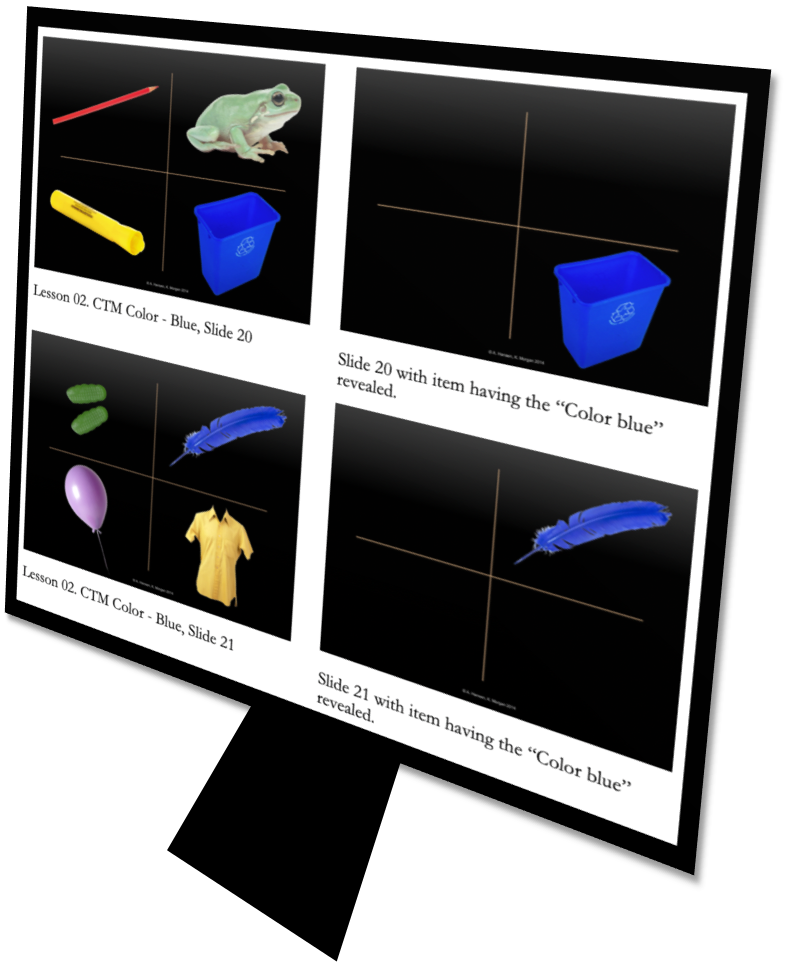 Price
Price
Course price for international participants attending the course in Odense is 7500 DKK (Danish currency). Course price for online participation is 6000 DKK (Danish currency). For Danish participants, there will be added 25 % local VAT. Course price includes:
- Teaching
- The book “Intelligent and Effective Learning Based on the Model for Systematic Concept Teaching”
- Comprehensive online digital learning and teaching materials
- Breakfast, lunch, tea and coffee during the day
The course price does not include accommodation.
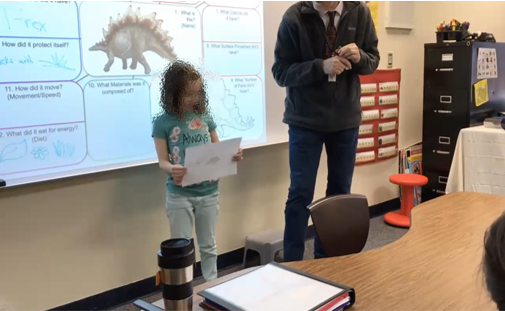 Registration and further information
Registration and further information
You can sign up for the course online through this link: https://neuroguide.nemtilmeld.dk/32/ (psychical attendance) or https://neuroguide.nemtilmeld.dk/33/ (online participation) or you can write an email to course organizer: Neuroguide.dk, psychologist Jens Wilbrandt, email: This email address is being protected from spambots. You need JavaScript enabled to view it. You will then get an invoice with bank transfer information. Or you can call phone +45 22 32 44 01 if you want to ask or discuss anything. Please note, that you are only sure of course admission when you receive a confirmation of payment. In case of cancellation of the course, due to few participants, teacher illness etc. the full course fee will be repaid.
Last deadline for enrollment is 29th of October 2021. After this date, please contact us and ask if it is still possible to sign up for the course.
Participant eligibility
The course is aimed for teachers, educational consultants, psychologists, speech and language therapists and other professionals working with supporting children´s and adolescent´s cognitive and communicative knowledge and skills. Parents with prior knowledge on teaching and cognitive training are welcome to sign up for the course.
Learning Objectives and Outcomes
- To make the participants familiar with Nyborg’s framework for Systematic Concept Teaching approach, consisting of four models for educational thinking, planning, and practice.
- To develop insight into the importance of Basic Conceptual Systems (BCSs) and related basic concepts and how these can be used to perform Analytical Coding (AC) as a basis for learning more complex knowledge and skills at ever-increasing and higher levels.
- To learn about how SCT can help improve the content and organization of knowledge, skills as well as motivational and emotional dispositions in Long Term Memory, thus forming the basis for a more well-functioning perception and more efficient short-term memory / working memory processes as a basis for subsequent thinking, learning and problem-solving.
- To learn how to use SCTM in a research-related and experiential evaluating way
- To make the participants aware of how SCT can be applied from a preventive perspective, in special education as a remedial measure as well as in a combination of special education and ordinary education
- To make the participants aware of the literature and teaching materials developed for the SCT approach, with emphasis on Hansen and Morgan’s (2019) book on Intelligent and effective learning …) and their web site (www.sctresourse.com) containing a large number of complementary materials for SCT
The course is an introductory course. To learn more extensively about SCT in theory and practice, including how to apply BCSs and Analytic Coding to teach reading, writing, mathematics and other school subjects and skills of different kinds, is not covered in this first module.
Course organizer and teachers
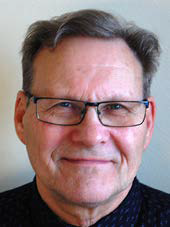
Teacher throughout the course
Andreas Hansen is teacher during the entire course. He did his Master and Doctoral thesis on themes related to Systematic Concept Teaching and have collaborated withMagne Nyborg and his wife and Ragnhild Hope Nyborg. Presently he is working as a private consultant, and is often engaged by the Artic University of Norway, Campus Harstad, to run courses at Master level in Special Education including courses on Systematic Concept Teaching (SCT).
Andreas previously worked as a teacher and for many years as an educational psychologist in the Educational-Psychological services and later in the National Support System for Special Education in North-Norway. He has wide experiences with various projects on SCT for children with and without learning problems. He has participated in several European projects on learning, special education and inclusive education. Moreover, he has participated in a long term project on SCT in Seattle together with Kelly Morgan, with whom he co-authored Hansen and Morgan’s (2019) newly published book and learning materials on SCT.
Andreas has written several articles, booklets and books mainly on Systematic Concept Teaching over the years, however, mostly in Norwegian; for instance about SCT as a preventive measure, SCT in relation to language problems, in relation to problems with reading and writing, including dyslexia, problems with mathematics, etc.).
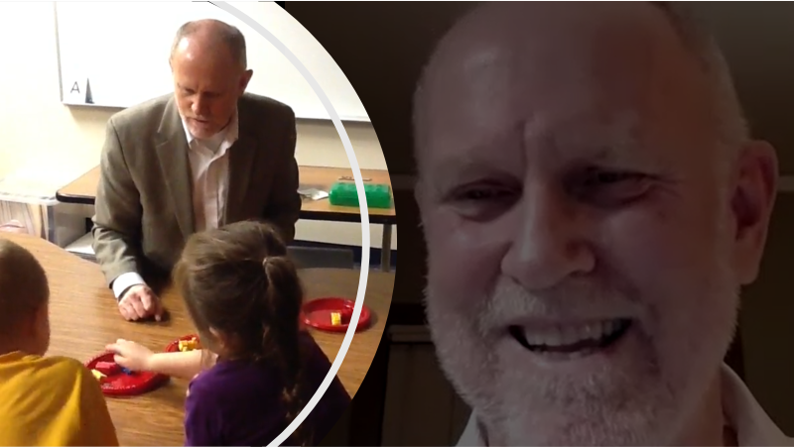 Additional course teacher
Additional course teacher
Kelly Morgan will be providing additional instruction within the course. Kelly has worked as a Speech and Language Pathologist for many years in various educational settings in the public school system in Los Angeles and Seattle in the US. He has wide experiences in implementing the SCT Model for children with moderate to severe learning problems. Together with Andreas Hansen, he co-authored Hansen and Morgan’s (2019) newly published book and learning materials on the approach of SCT.
See more at: www.sctresource.com
Course organizer and provider
The course is provided and organized by Neuroguide.dk, psychologist Jens Wilbrandt. Jens Wilbrandt has many years of experience in the special education field and is qualified in both LPAD, DAYC, IE and CAP. He is an exponent of a development-oriented educational psychological approach and has many years of experience as a facilitator, lecturer and course teacher in the neuropsychological, and educational psychological field. In addition to carrying out a wide range of continued professional development tasks, he works with dynamic assessment, cognitive training and counseling in relation to children and adolescents with extensive learning and development issues, both in relation to school, home and home care.
See more at: www.neuroguide.dk
